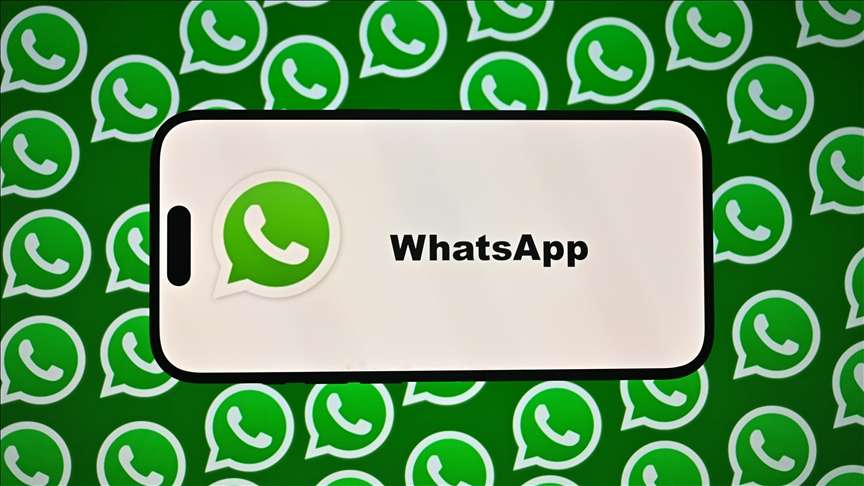In a decisive move underscoring growing concerns over digital privacy, the U.S. House of Representatives has officially banned the use of WhatsApp on all government-issued devices. The decision follows rising anxieties about potential data vulnerabilities, foreign surveillance, and the lack of transparency around how user information is managed by the Meta-owned messaging platform.
The Reason Behind the Ban
According to internal communications and reports, the ban is primarily driven by national security and data protection risks. Despite WhatsApp’s end-to-end encryption for messages, officials have flagged several concerns, including:
- Metadata collection: While messages are encrypted, WhatsApp collects metadata like who you message, when, and how often—data that could potentially be exploited.
- Foreign access concerns: Lawmakers fear that sensitive information could be indirectly accessible by foreign actors through vulnerabilities or corporate data sharing policies.
- Lack of control: Unlike government-sanctioned communication platforms, WhatsApp is not centrally managed, making it harder to monitor or secure communications at scale.
These factors, when combined with the growing reliance on digital communication for official government affairs, prompted the House to act swiftly to restrict the platform’s use.
WhatsApp’s Response
Meta, the parent company of WhatsApp, has not issued an official response to the House ban as of now. However, the company has repeatedly emphasized its commitment to user privacy and security, pointing to the platform’s end-to-end encryption as a critical feature protecting conversations from unauthorized access—even by WhatsApp itself.
Nonetheless, critics argue that encryption alone doesn’t address broader surveillance concerns, especially when user data is stored on cloud backups or exchanged via third-party integrations.
Broader Implications
This ban is part of a larger trend in the U.S. and around the world, where governments are increasingly scrutinizing popular apps over their data handling practices and potential geopolitical risks. Just as TikTok has faced bans and restrictions over Chinese ownership, WhatsApp is now under the microscope for its role in handling sensitive communication.
Agencies may now look to more secure, government-approved communication platforms to handle official correspondence, especially in light of escalating cybersecurity threats and international tensions.
What’s Next?
With the ban in place, federal employees and contractors will need to migrate to alternative, secure messaging apps for internal communication. The move also opens the door for further legislation around app usage, digital security protocols, and tech accountability.
In conclusion,
The U.S. House’s decision to ban WhatsApp from official devices signals a firm stance on prioritizing national security and digital sovereignty. As governments worldwide grapple with the balance between convenience and control in communication tools, this action could set a precedent for further restrictions and regulatory reforms in the tech space.


